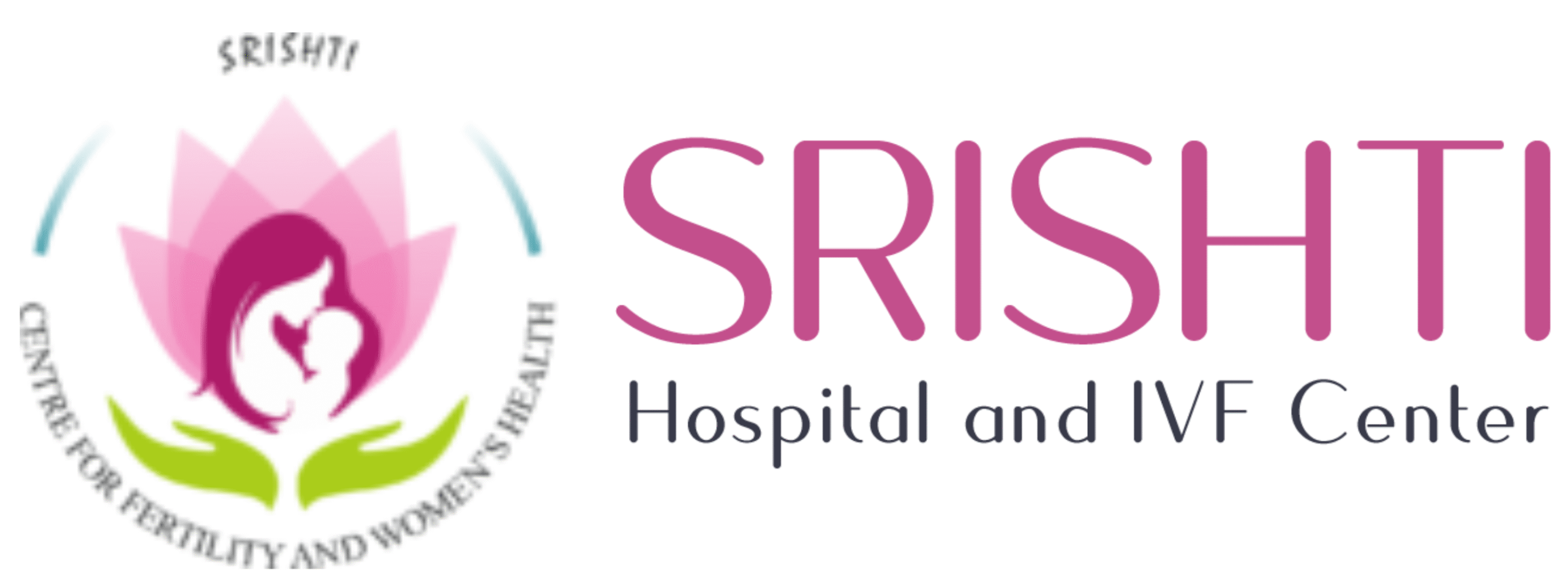Pregnancy is a transformative experience, filled with excitement, anticipation, and perhaps a touch of nervousness. Antenatal check-up, also known as prenatal care, is the cornerstone of a healthy pregnancy for both mother and baby. It’s a journey of regular antenatal check-ups, screenings, and education, empowering women to make informed choices and navigate the wonders of carrying new life.
What is Antenatal Check-Up?
The World Health Organization (WHO) defines antenatal care as the “care provided to women during pregnancy.” This encompasses a wide range of services, including:
- Regular antenatal care: These appointments allow healthcare providers to monitor the mother’s health, track fetal growth and development, and address any concerns. Blood pressure, weight, and urine tests are often conducted during these check-ups.
- Prenatal screenings: These optional tests can detect potential health issues in the fetus, such as Down syndrome or neural tube defects, identified during an antenatal check-up. Parents can then make informed decisions about their pregnancy and prepare for any necessary interventions.
- Nutritional counseling: Eating a balanced and nutritious diet is crucial for fetal development. Healthcare providers can guide mothers on healthy food choices and address any nutritional deficiencies identified during an antenatal check-up.
- Exercise guidance: Gentle exercise during pregnancy offers numerous benefits for both mother and baby. Providers can recommend appropriate exercise routines tailored to the individual’s fitness level and pregnancy stage based on information gathered during antenatal check-ups.
- Vaccination: Pregnant women are recommended to receive certain vaccines, such as the flu shot and Tdap (tetanus, diphtheria, and pertussis), to protect themselves and their babies from preventable diseases. This can be discussed and scheduled during an antenatal check-up.
- Education and counseling: ANC care provides a platform for education on various aspects of pregnancy, childbirth, and newborn care. Support and counseling are also offered to address anxieties, prepare for childbirth, and adjust to parenthood, all of which can be addressed during antenatal care.
The Benefits of Antenatal Check-Up
Investing in regular antenatal check-up has a multitude of benefits for both mother and baby:
- Reduced risk of complications: Early detection and management of pregnancy-related issues like gestational diabetes or high blood pressure during antenatal check-ups can significantly reduce the risk of complications for both mother and baby.
- Improved birth outcomes: Regular antenatal check-ups can lead to healthier babies at birth, with a lower risk of prematurity and low birth weight.
- Empowered decision-making: Information gathered during antenatal check-ups equips women to make informed decisions about their pregnancy and birthing choices.
- Reduced stress and anxiety: Regular antenatal check-ups and discussions with healthcare providers can alleviate anxieties associated with pregnancy.
- Preparation for parenthood: Antenatal check-ups prepare parents for the physical and emotional demands of childbirth and newborn care.
The Components of Antenatal Care
- Early Booking:
Ideally, ANC care should begin as soon as pregnancy is confirmed. Early booking allows for a comprehensive initial assessment during the first antenatal check-up, which includes:
- Medical history review: Understanding the mother’s medical history helps identify potential risks and ensure optimal care.
- Family history: Certain genetic conditions might run in families, prompting further investigation or counseling discussed during the first antenatal check-up.
- Physical examination: This examines the mother’s overall health and assesses any potential pregnancy complications during the first antenatal check-up.
- Establishing a due date: This is based on the mother’s last menstrual period or early ultrasound scans performed during the first antenatal check-up.
- Regular Check-Ups:
The frequency of antenatal check-ups increases as the pregnancy progresses. These appointments typically involve:
- Monitoring vital signs: Blood pressure, temperature, and pulse are monitored regularly during antenatal check-ups.
- Fetal growth assessment: This might involve abdominal palpation later in pregnancy and ultrasound scans at specific intervals scheduled during antenatal check-ups.
- Blood tests: These tests assess hemoglobin levels (anemia risk), screen for infections, and monitor blood sugar levels, all conducted during antenatal check-ups.
- Urine tests: These screen for protein levels (a potential sign of preeclampsia) and urinary tract infections during antenatal check-ups.
- Weight monitoring: Healthy weight gain is crucial for both fetal development and the mother’s well-being. Antenatal care providers will monitor weight gain throughout pregnancy, using a chart that considers the mother’s pre-pregnancy weight (BMI).
- Weight gain recommendations: The Institute of Medicine (IOM) has established guidelines for weight gain during pregnancy based on pre-pregnancy BMI:
- Underweight (BMI below 18.5): 12.5-18 kg (28-40 lbs)
- Healthy weight (BMI 18.5-24.9): 11.5-16 kg (25-35 lbs)
- Overweight (BMI 25-29.9): 7-11.5 kg (15-25 lbs)
- Obese (BMI over 30): 5-9 kg (11-20 lbs)
These are general guidelines, and individual needs may vary. Antenatal care providers will take into account factors like the mother’s overall health, ethnicity, and multiple pregnancies when determining a healthy weight gain range.
What happens if you gain too much or too little weight?
- Gaining too much weight can increase the risk of gestational diabetes, preeclampsia, and cesarean delivery.
- Gaining too little weight can restrict fetal growth and development, leading to low birth weight and potential health problems for the baby.
Antenatal care providers will discuss healthy weight gain strategies and offer guidance on proper nutrition throughout pregnancy. This might include:
- Eating a balanced diet rich in fruits, vegetables, whole grains, and lean protein.
- Choosing healthy fats and limiting unhealthy fats, processed foods, and added sugars.
- Staying hydrated by drinking plenty of water.
Importance of Antenatal Advice
In addition to monitoring your physical health, antenatal care providers offer a wealth of antenatal advice to guide you through your pregnancy journey. This advice can cover various topics, including:
- Nutritional guidance: As mentioned earlier, a healthcare provider can create a personalized plan to ensure you’re getting the right nutrients for both yourself and your baby.
- Exercise recommendations: Safe and appropriate exercise routines can be tailored to your fitness level and trimester.
- Common pregnancy discomforts: Many women experience aches, pains, heartburn, and other discomforts during pregnancy. Antenatal care providers can offer advice on managing these symptoms and promoting overall comfort.
- Preparing for childbirth: Discussions about birthing options, pain management strategies, and what to expect during labor and delivery can help alleviate anxieties and empower you to make informed decisions.
- Postpartum care: Antenatal care can extend beyond delivery, offering guidance on postpartum recovery, breastfeeding, and newborn care.
Conclusion
Remember, you are not alone on this journey! Antenatal care providers are there to support you every step of the way. By attending regular check-ups, following antenatal advice, and asking questions, you can ensure a healthy and fulfilling pregnancy experience.






